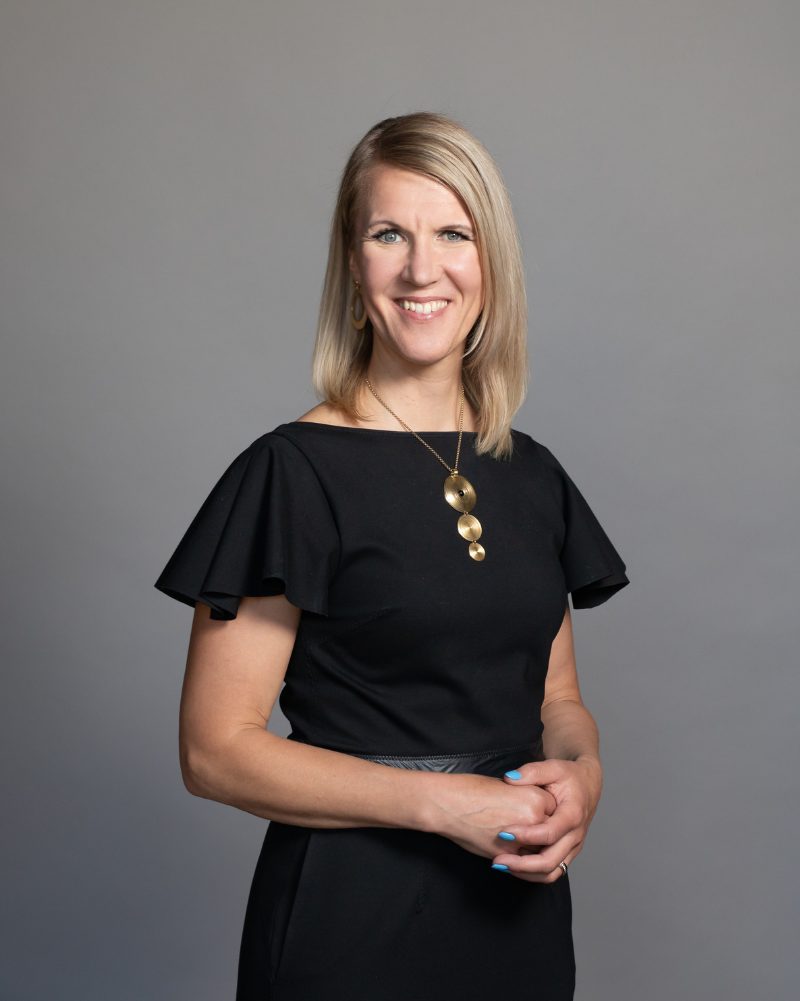Panelists on April 28, 2026
Please note that the programme sessions on Tuesday, 28 April, will be held in Finnish, but simultaneously interpreted into English.
Baltic Sea Archipelagos Symposium | 27–28 April 2026 | Turku, Finland
Please note that the programme sessions on Tuesday, 28 April, will be held in Finnish, but simultaneously interpreted into English.

Member of Parliament (NCP), Parliament of Finland
Pauli Aalto-Setälä is a first-term Member of Parliament and Vice Chair of the Finance Committee. He is a journalist and professional executive living in the Archipelago Sea region, with a career spanning over 30 years in the leadership of domestic and international companies. Pauli has served as CEO in three corporate groups: Kotimaa-Yhtiöt, Aller, and Dentsu, as well as Editor-in-Chief at Nelonen, Iltalehti, and Kotimaa. In 2025, Pauli was named Archipelago Sea Protector of the Year. He spends much of his free time on the sea, especially in summer, and takes part in maritime rescue operations.


Member of Parliament (SDP), Parliament of Finland
Master of Arts (MA), Master of Social Sciences (MSocSc), Member of Parliament, Member of the Education and Culture Committee and the Committee for the Future, Social Democratic Party. Chair of the Parliamentary Archipelago Sea Group, Member of the Archipelago Sea Programme Monitoring Group and the Archipelago Sea Programme Regional Cooperation Group.


Executive Director, Pyhäjärvi Institute
Teija Kirkkala, PhD, is the Executive Director of the Pyhäjärvi Institute Foundation, whose mission is to promote research, development, and education in food production (primary production, processing, trade, consumers, and food chain responsibility), environmental and water protection, and the circular economy. She has over 30 years of experience in environmental and food-related roles across various organizations, working as a researcher, expert, authority, and leader. She has contributed to the development of innovative methods for managing runoff waters and earned her doctorate on reducing nutrient loads from agricultural runoff (using water retention structures, dams, and filters as methods). Dr. Kirkkala has published dozens of articles and reports in both domestic and international publication series, and has participated as a speaker at conferences and other events in the field, both in Finland and around the world.



Chief Executive Officer, Wega Oy
Niko Ristikankare has built an international career as a leader in the energy sector. He is also the founding partner and CEO of the energy company Wega Oy. Wega is developing the Southwest Finland Biorefinery project, which will process over 600,000 tonnes of manure and other organic side streams collected annually from the region. The biorefinery can extract up to 280 tonnes of phosphorus from manure each year. The average phosphorus load in the Archipelago Sea is 460 tonnes per year, making the environmental impact significant on both marine and inland waters. The industrial-scale plant, operated on commercial terms, produces biomethane, e-methane, electricity, heat, and organic fertilisers, making the biorefinery unique in its versatility. Wega plans to inaugurate the facility in 2029.